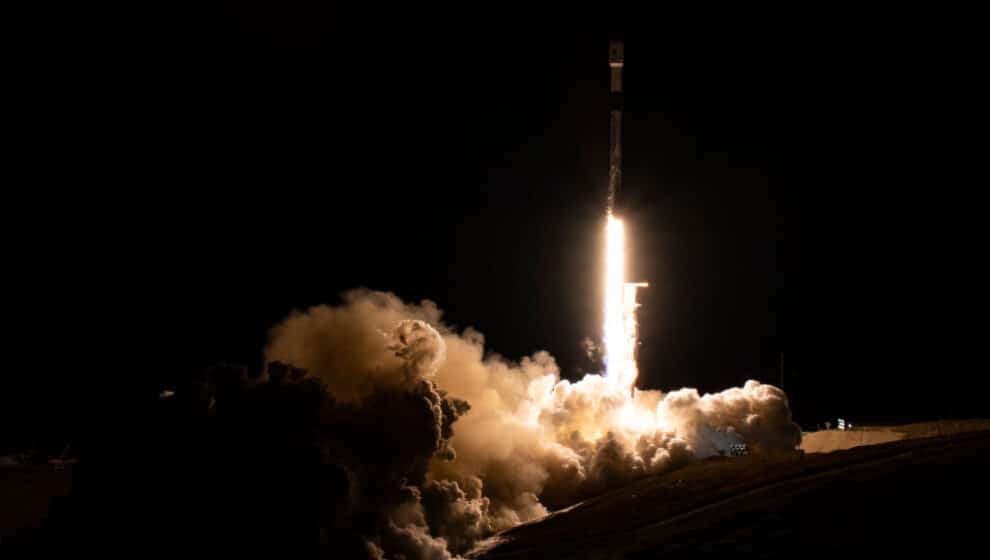Concluding a seven-year effort, Astranis Space Technology Corp. is preparing to launch a fleet of satellites to provide satellite internet access to the U.S. military.
Key Details
- Last week, Astranis shipped the first of its geostationary satellites to Cape Canaveral, Florida, to be loaded onto a SpaceX rocket and launched into orbit in the coming weeks. The company will launch at least five satellites in orbit this year.
- Astranis is one of the largest private-space startup companies, having earned a $1.4 billion valuation in its last funding round, Bloomberg notes. Venture-capital firm Andreessen Horowitz backs it.
- Astranis will also serve private clients such as Pacific Dataport and Anuvu Operations LLC but has worked directly with the Department of Defense to implement features that would benefit the military, such as cyberattack anti-jam prevention features and the ability to change satellite frequencies from orbit.
Why It’s Important
As we previously reported, the space economy is rapidly becoming the next revolutionary market for venture-capital investors. NASA and SpaceX’s space exploration plans are creating a burgeoning space economy, and creating new public-private partnerships to fulfill key aspects of planning space flight. This has created numerous opportunities for new telecommunications startups.
Astranis is one of many companies to tackle satellite internet connectivity. SpaceX was the first company to market with its revolutionary Starlink internet access, which has already been deployed in emergency support situations. Jeff Bezos’ Blue Origin is developing its own rival to this. Apple has already begun using available satellites in orbit to offer emergency calling capabilities through satellite connectivity.
Other startups include AST SpaceMobile Inc., Omnispace LLC, and Lynk Global Inc.
Notable Quote
Astranis Chief Executive Officer John Gedmark tells Bloomberg that the ongoing war in Ukraine is a powerful example of the utility his company’s new satellite network will have for military applications, noting the concerns of cyberattacks against existing networks. “We all realized this is no longer theoretical. Our adversaries are going after valuable geo-assets.”

